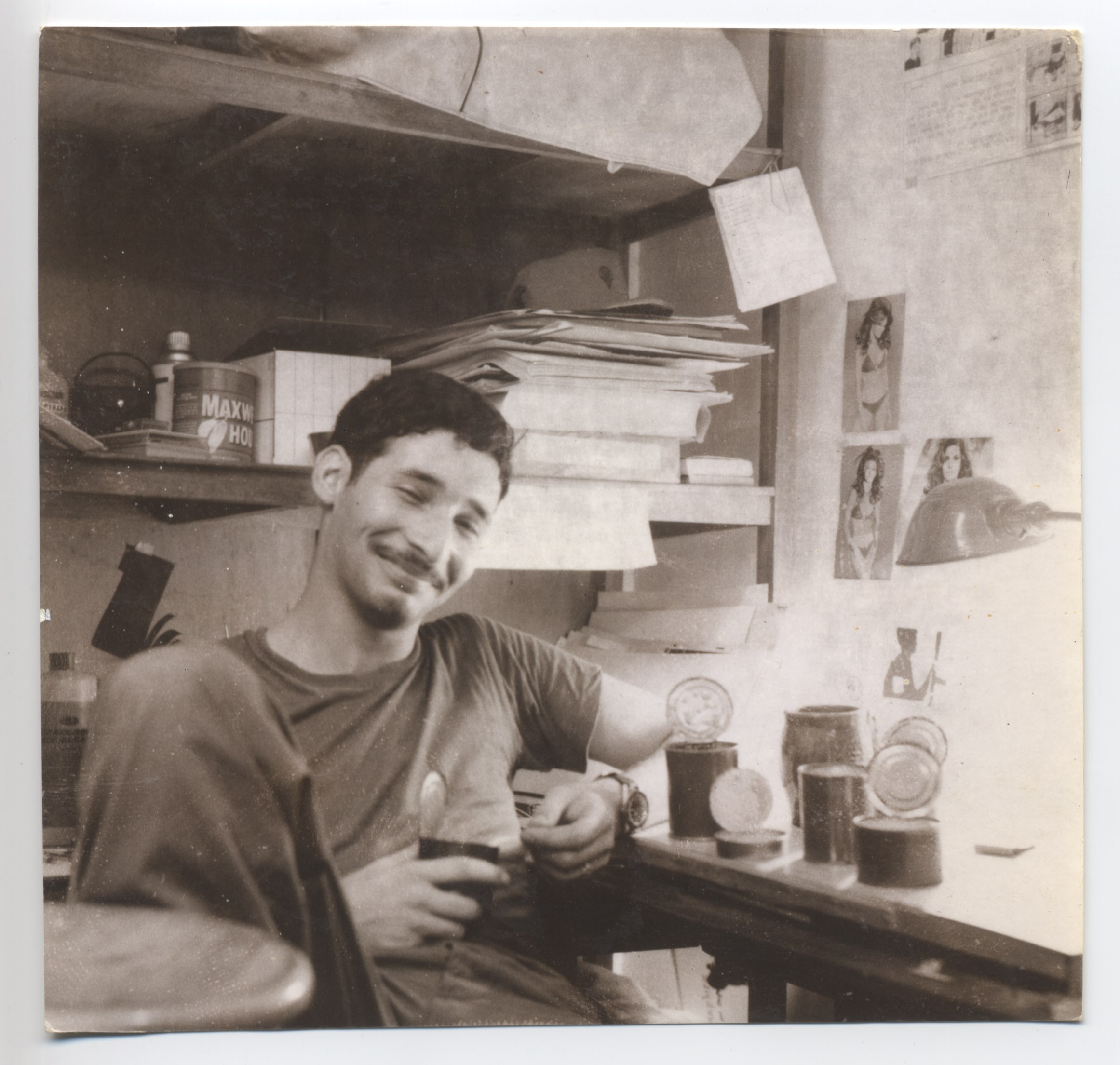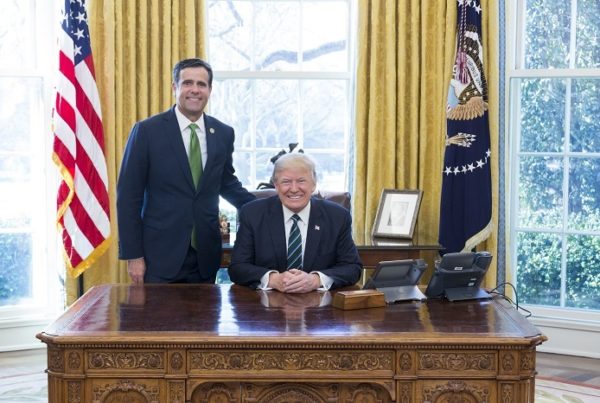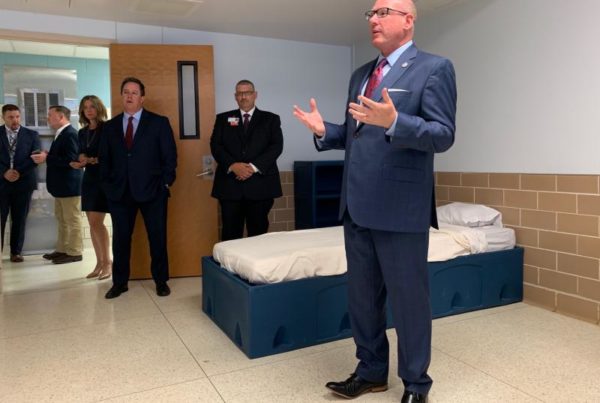Mark Birnbaum was not in the United States when Neil Armstrong first set foot on the moon. In fact, he witnessed the marvel a day late, on a third-floor balcony overlooking thatched huts and the jungle. Mark was in South Vietnam, serving in the Army.
“I guess the image that we normally think of for that night that’s used over and over again now, its iconic of the family gathered around the television,” Birnbaum says. “Though I wasn’t in a place like that, that night.”
Birnbaum says it could’ve been the U.S. commanders in Vietnam, or the Pentagon who decided to delay history for the deployed soldiers. He says too many soldiers in awe of the moon landing would have meant compromising the effectiveness of the Army.
So unlike civilians back the United States and much of the world, Birnbaum waited for a tape to make it across the Pacific Ocean. The recording was broadcast from Saigon.
“It was bizarre,” Birnbaum says.
Birnbaum says he watched the moon landing in the Vietnamese town ofCan Tho, with parachute flares drifting down from the sky, and a half moon overlooking it all. Even Neil Armstrong’s iconic words escaped him until he saw them in the paper – the day after he watched the taped moon landing.
“It was just hard to add it all up,” Birnbaum says. “We were removed from the kind of experience most Americans had but we craved to be connected.”
Birnbaum says, to this day, the disconnect is enough to choke him up.
“I don’t know why it affects me so emotionally, but it still does,” Birnbaum says.
He says he relished the national camaraderie of the moon landing, despite the unique perspective he shared with his fellow soldiers.
“That might have been the last communal event that we experienced as a country that made us feel really good,” Birnbaum says. “Everyone was just thrilled by the accomplishment that in a sense – we did – something that we did.”
Written by Geronimo Perez.
















